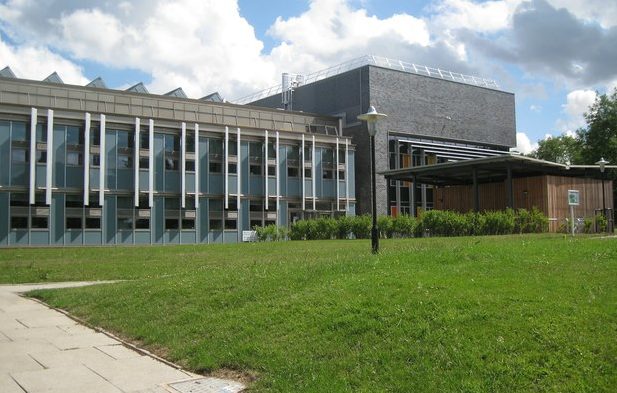Warwick University part of clinical trial to treat COVID-19 patients
A new clinical trial, led by the University of Warwick and Queen’s University Belfast (QUB), is aiming to find alternatives to ventilators to treat COVID-19 patients.
The clinical trial hopes to recruit 4,000 patients to aid research into alternative solutions for patients with COVID-19, in order to reduce the need for treatment with a ventilator and improve patient outcomes.
The RECOVERY-RS Respiratory Support trial aims to compare different methods of treatment to better understand which methods are most effective in reducing the need for invasive ventilation.
The trial will recruit inpatients in NHS hospitals with suspected or confirmed COVID-19. Patients will have an equal chance of being treated with standard care or non-invasive treatments.
Patients on the trial will receive all other treatments recommended by their clinician.
A recent report has estimated that 30% of people who are hospitalised with COVID-19 are likely to require mechanical ventilation.
Mechanical ventilation is deemed “invasive” if it involves any instrument inside the trachea through the mouth.
Clinical trials are the only way to safely study these interventions and to offer patients the additional protections necessary within the carefully controlled environment of a clinical trial
– Professor Gavin Perkins
The UK is facing a shortage of ventilators and trained staff to operate the equipment.
The trial is being led by the Warwick Clinical Trials Unit of Warwick Medical School, and supported by the National Institute for Health Research (NIHR) Clinical Research Network.
Professor Gavin Perkins, chief investigator at the University of Warwick Clinical Trials Unit, said: “Clinical trials are the only way to safely study these interventions and to offer patients the additional protections necessary within the carefully controlled environment of a clinical trial, and are the best way to quickly find effective supportive interventions for this global pandemic.”
Professor Danny McAuley, chief investigator at QUB said: “The unfolding COVID-19 pandemic brings an urgent need for new therapies, particularly for critically ill COVID-19 patients.
“We simply do not know what treatments are effective for this new disease and we urgently need this trial to test what is the best way to deliver respiratory support as an alternative to ventilators,” he added.
Professor Jeremy Kirk, clinical director of the NIHR Clinical Research Network West Midlands said: “Network staff have been closely involved in the set up and running of this important trial, which is the result of outstanding commitment and collaboration from a range of partners.
“We hope that the results will benefit patients as soon as possible.”

Comments